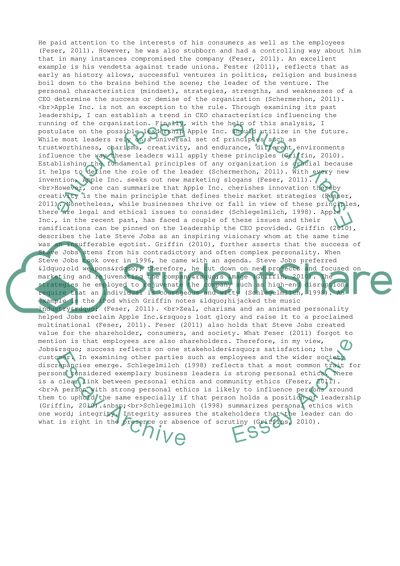Cite this document
(“CEO of Apple Term Paper Example | Topics and Well Written Essays - 2250 words”, n.d.)
CEO of Apple Term Paper Example | Topics and Well Written Essays - 2250 words. Retrieved from https://studentshare.org/business/1455617-ceo-of-apple
CEO of Apple Term Paper Example | Topics and Well Written Essays - 2250 words. Retrieved from https://studentshare.org/business/1455617-ceo-of-apple
(CEO of Apple Term Paper Example | Topics and Well Written Essays - 2250 Words)
CEO of Apple Term Paper Example | Topics and Well Written Essays - 2250 Words. https://studentshare.org/business/1455617-ceo-of-apple.
CEO of Apple Term Paper Example | Topics and Well Written Essays - 2250 Words. https://studentshare.org/business/1455617-ceo-of-apple.
“CEO of Apple Term Paper Example | Topics and Well Written Essays - 2250 Words”, n.d. https://studentshare.org/business/1455617-ceo-of-apple.


